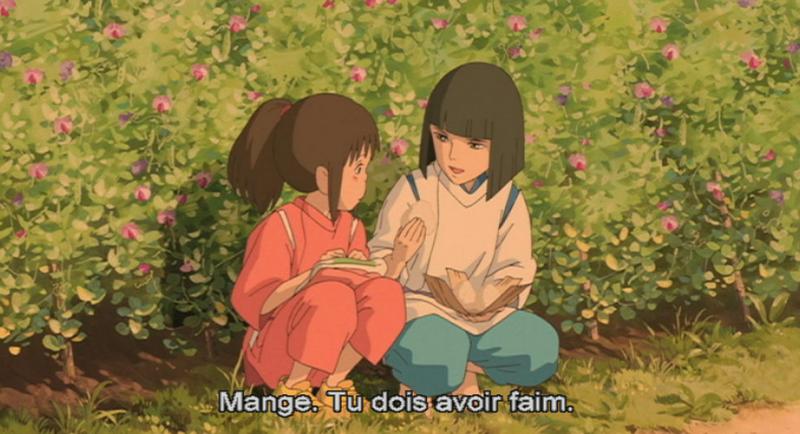I spent the last week away in the countryside with my family, which is something we do every year. I am not very sure that I like the countryside anymore. The scenery is different from what I - a lifelong suburbanite - am used to; it makes me feel, as a human being, smaller and more insignificant, because the marks of human life are few, feeble and distant from each other. Of course I am conscious of our tininess in space and time - our size is an issue of scale, and compared to the Universe we are invisible specks, while compared to atoms we are unimaginable universes in ourselves -, but being confronted with it is always a shock.
We forget our proportion. We pretend we are immortal. We cannot face a world without our selves in it, for obvious reasons: the self is our perspective into the world. Non-existence - the empty void, unfathomable by nature - scares us, so we pretend.
In fact, we must delude our selves to create a meaning for our lives, and we do so everyday. But there is no greater meaning: our lives are self-contained. In acquiring knowledge, we can never jump out of our own heads; similarly, our personal identity is circumscribed to a specific area of space and time, and it cannot transcend it.
The impact of our action is exterior to our selves, so the idea of achieving immortality by leaving things behind - children, books, structures, progress for humanity - is just another delusion. Furthermore, it is an unsatisfactory one: not only does it exclude perception and action and all the things which make living worthwhile (as Woody Allen famously put it, 'I don't want to achieve immortality though my work... I want to achieve it through not dying.'), but also leads to the question 'What is the point of that (our impact in the future of other people), then?' in an infinite regress.
Religious people answer with God. God is, by definition, the final answer: subject and object united, containing its own purpose and end in itself. I am not going to argue against the traditional arguments for the existence of God (if you want a very strong and clear refutation of the most important ones, you'll find it in Simon Blackburn's Think), so I will just point out two ideas.
First, this 'rational' conception of God is equivalent to choosing an arbitrary point to pause the regress - why there, then? Why not stop before employing that obscure notion of a divine presence, which is unnecessary to explain the Universe?
Secondly, this idea of God is very hazy, so much that it is generally interpreted by believers as a matter of emotion. Its features are blank, for it is just a dummy which each culture colours according to its body if beliefs, rules and habits (as can be seen from the multiplicity of religions that exist). And who can claim to truly understand or perceive the 'rational' conception of God? A nothing would do just as well as a something about which nothing can be said.
Quoting Thomas Nagel in What Does It All Mean?:
"But what's the point of being alive at all?"
"There's no point. It wouldn't matter if I didn't exist at all, or if I didn't care about anything. But I do. That's all there is to it."
If life is not real, life is not earnest, and the grave is its goal, perhaps it's ridiculous to take ourselves so seriously. On the other hand, if we can't help taking ourselves so seriously, perhaps we just have to put up with being ridiculous. Life may be not only meaningless but absurd.
This is, by the way, one of my favourite quotations. In the end, it doesn't matter that life doesn't matter. It doesn't make any difference to what we can do. So as not to fall prey to manipulation, it is good to remember that life is both meaningless and absurd; however, the fact just does not stick to our minds because we are built to live and should, in my opinion, take the most out of it.



















